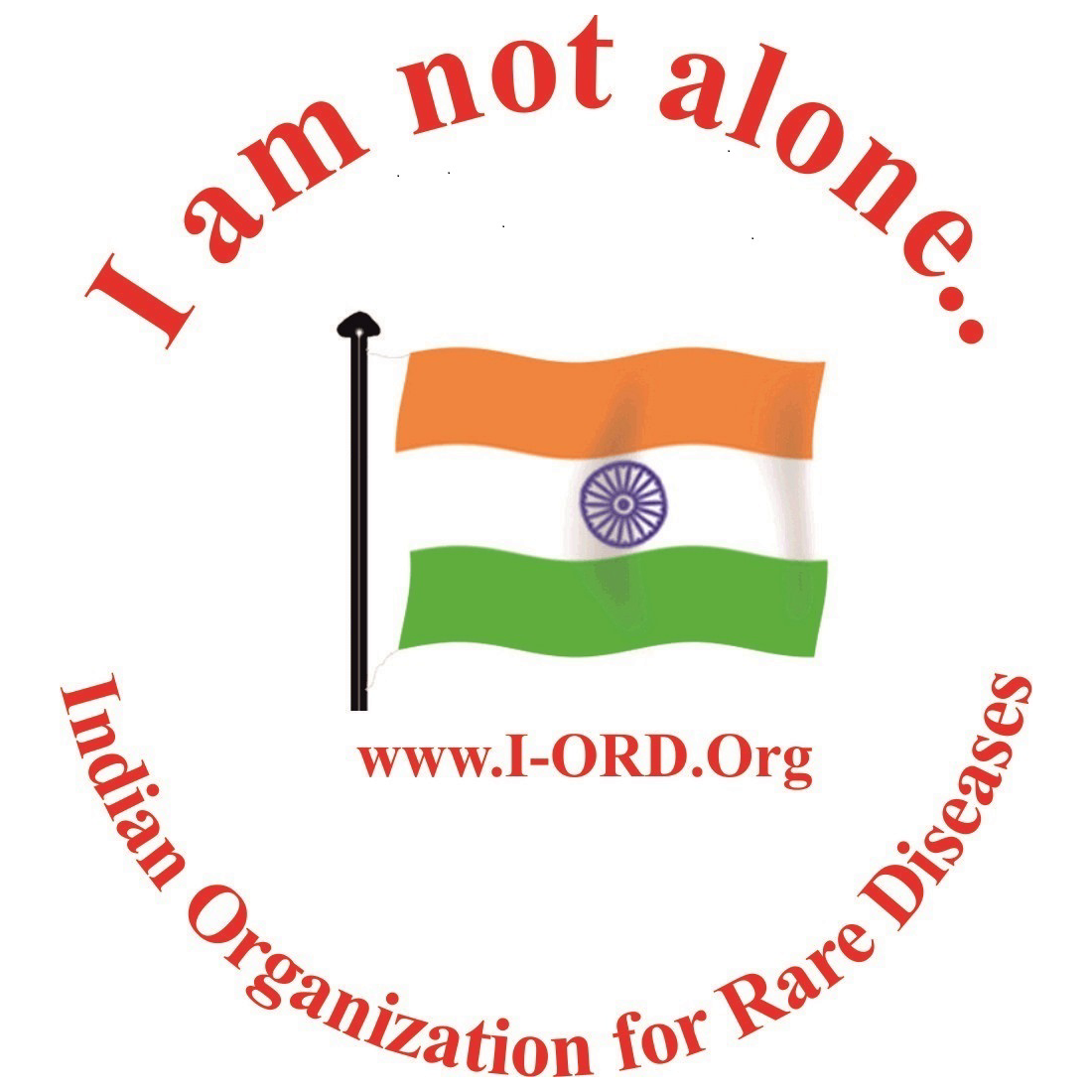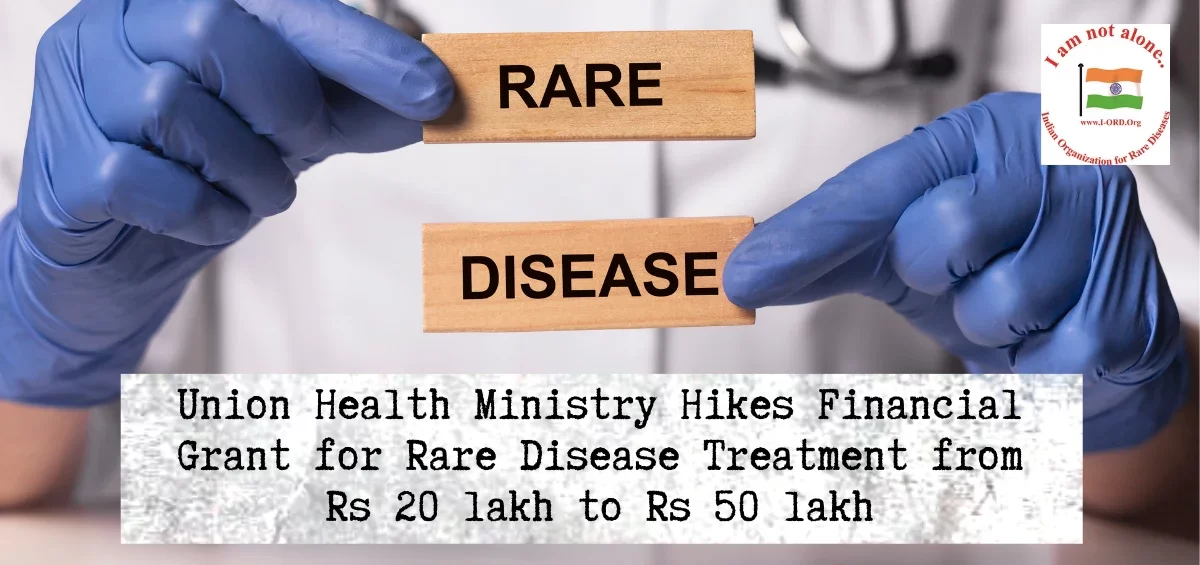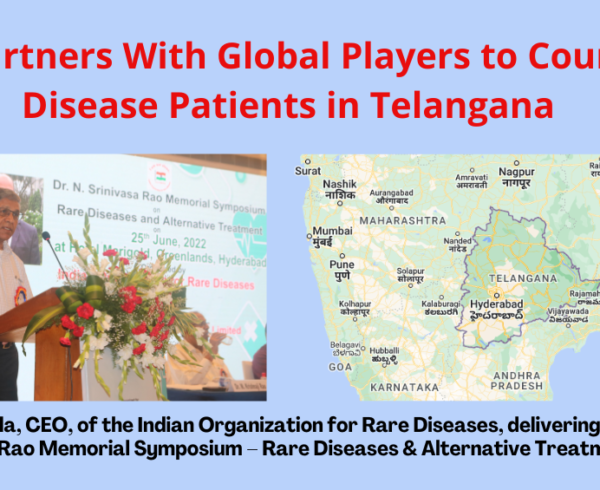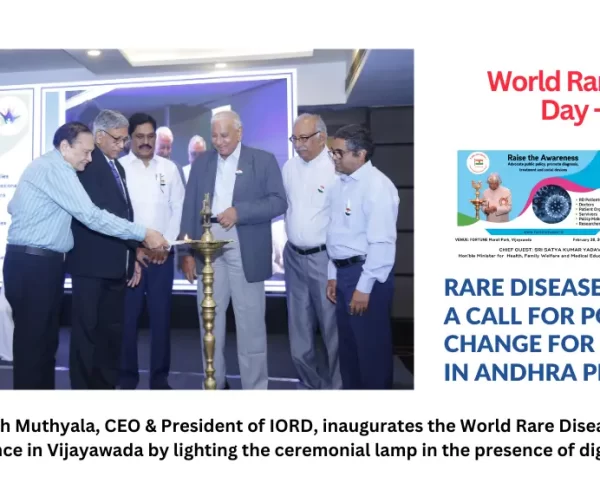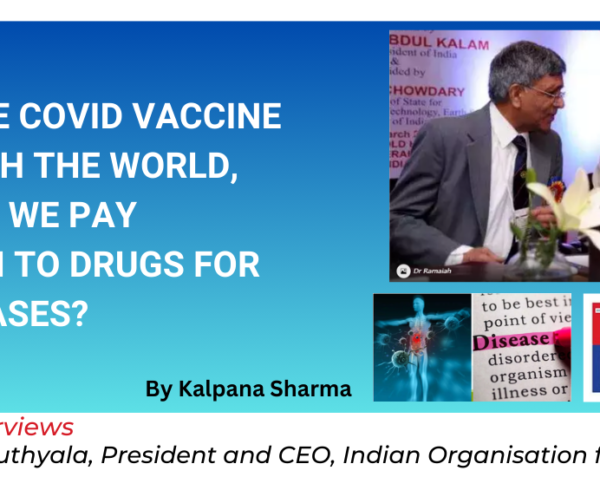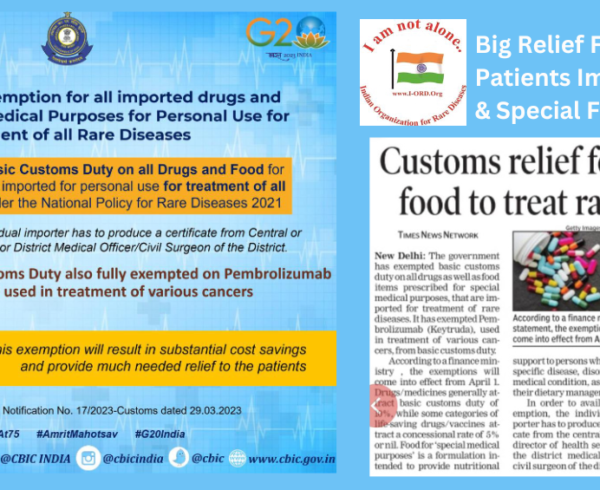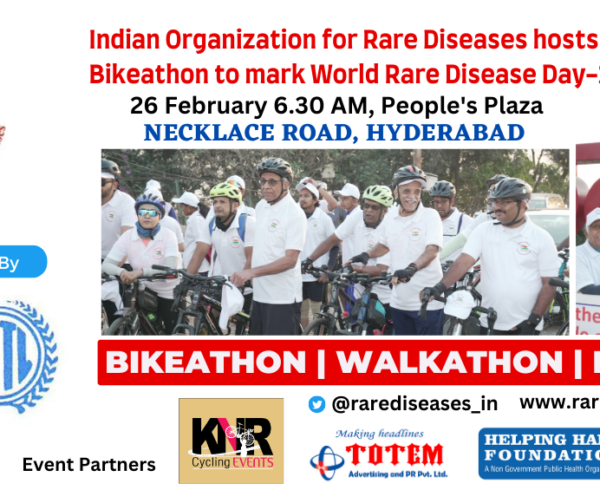In what is seen as a step in the right direction, the government has hiked the grant for rare disease treatment from Rs 20 lakh to Rs 50 lakh as per a new office memorandum issued on May 19, 2022 by the Union Ministry of Health & Family Welfare Rare Diseases Cell, New Delhi.
In a drastic change that would provide financial relief to significant number of rare disease patients in the country, the union health ministry’s latest decision also did away with the restrictive rule of providing the grant to a few rare diseases that were arbitrarily listed under Group 1 category.
Previous Financial Assistance Framework:
Under the old financial scheme of the union health ministry, a financial grant of Rs 20 lakh was provided to two categories of rare diseases falling under both Group 1 (a) and Group 1 (b) for which one-time treatment was available.
The previous policy as mentioned in Paragraph 10 (i), the financial scheme of the Central Government allowed treatment of only those rare diseases that require one-time treatment for diseases listed under Group 1 category. It excluded this financial grant to those rare diseases listed under Group 2 & Group 3 categories.
Hitherto, the following rare diseases were listed under Group 1, which are divided into sub-groups:
Group 1 (a): Disorders amenable to treatment with Hematopoietic Stem Cell Transplantation &
Group 1 (b): Disorders amenable to organ transplantation
Group 1 (a) Rare Diseases:
i. Such Lysosomal Storage Disorders (LSDs) for which Enzyme Replacement Therapy (ERT) is presently not available and severe form of Mucopolysaccharoidosis (MPS) type I within the first 2 years of age.
ii. Adrenoleukodystrophy (early stages), before the onset of hard neurological signs.
iii. Immune deficiency disorders like Severe Combined Immunodeficiency (SCID), Chronic Granulomatous Disease, Wiskot Aldrich Syndrome etc.
iv. Osteopetrosis
v. Fanconi Anemia
Group 1 (b) Rare Diseases:
i. Liver Transplantation -Metabolic Liver diseases:
a. Tyrosinemia,
b. Glycogen storage disorders (GSD) I, III and IV due to poor
metabolic control, multiple liver adenomas, or high risk for
Hepatocellular carcinoma or evidence of substantial cirrhosis or
liver dysfunction or progressive liver failure,
c. MSUD (Maple Syrup Urine Disease),
d. Urea cycle disorders,
e. Organic acidemias.
ii. Renal Transplantation
a. Fabry disease
b. Autosomal recessive Polycystic Kidney Disease (ARPKD),
c. Autosomal dominant Polycystic Kidney Disease (ADPKD) etc.
iii. Patients requiring combined liver and kidney transplants can also be considered if the same ceiling of funds is maintained. (Rarely Methyl Malonicaciduria may require combined liver & Kidney transplant) etc
New Diseases in List
1. Laron Syndrome
2. Glanzmann Thrombasthenia Diseases
3. Congenital Hyperinsulinemic Hypoglycemia (CHI)
4. Familial Homozygous Hypercholesterolemia
5. Mannosidosis
6. XY Disorder of Sex Development due to 5 alpha reductase deficiency, partial androgen insensitivity syndrome
7. Primary Hyperoxaluria- Type 1
Group 2: Necessitating long-term or lifelong treatment with comparatively lower costs
(a) Conditions treated with specialized dietary formulas or Foods for Special Medical Purposes (FSMP).
1. Phenylketonuria (PKU)
2. Non-PKU hyperphenylalaninemia conditions
3. Maple Syrup Urine Disease (MSUD)
4. Tyrosinemia type 1 and 2
5. Homocystinuria
6. Urea Cycle Enzyme defects
7. Glutaric Aciduria type 1 and 2
8. Methyl Malonic Acidemia
9. Propionic Acidemia
10. Isovaleric Acidemia
11. Leucine sensitive hypoglycemia
12. Galactosemia
13. Glucose galactose malabsorption
14. Severe Food protein allergy
(b) Disorders responsive to alternative treatments, including hormone therapy
1. NTBC for Tyrosinemia Type 1
2. Osteogenesis Imperfecta – Bisphosphonates therapy
3. Growth Hormone therapy for proven GH deficiency, Prader Willi Syndrome, Turner syndrome and Noonan syndrome.
4. Cystic Fibrosis- Pancreatic enzyme supplement
5. Primary Immune deficiency disorders -Intravenous immunoglobulin and sub cutaneous therapy (IVIG) replacement eg. X-linked agammablobulinemia etc.
6. Sodium Benzoate, arginine, citrulline, phenylacetate (Urea Cycle disorders), carbaglu, Megavitamin therapy (Organic acidemias, mitochondrial disorders)
7. Others – Hemin (Panhematin) for Acute Intermittent Porphyria, High dose Hydroxocobalamin injections
8. Large neutral aminoacids, mitochondrial cocktail therapy, Sapropterin and other such molecules of proven clinical management in a subset of disorders
9. Wilson’s disease
10. Congenital Adrenal Hyperplasia (CAH)
11. Neonatal Onset Multisystem Inflammatory Disease (NOMID)
Group 3: Disorders where effective treatments exist, but selecting the right patients for maximum benefit remains challenging due to high costs and the requirement for lifelong therapy.
(a) Literature supports sufficient evidence of positive long-term outcomes for the following conditions.
1. Gaucher Disease (Type I & III {without significant neurological impairment})
2. Hurler Syndrome [Mucopolysaccharisosis (MPS) Type I] (attenuated forms)
3. Hunter syndrome (MPS II) (attenuated form)
4. Pompe Disease (Both infantile & late onset diagnosed early before development of complications)
5. Fabry Disease diagnosed before significant end organ damage.
6. MPS IVA before development of disease complications.
7. MPS VI before development of disease complications.
8. DNAase for Cystic Fibrosis.
(b) For the following conditions, where treatment costs are significantly high, and long-term follow-up studies are either pending or have been conducted on a limited number of patients.
1. Cystic Fibrosis (Potentiators)
2. Duchenne Muscular Dystrophy (Antesensce oligoneucletides, PTC)
3. Spinal Muscular Atrophy (Antisense oligonucleotides both intravenous & oral & gene therapy)
4. Wolman Disease
5. Hypophosphatasia
6. Neuronal ceroid lipofuschinosis
New Diseases in List
1. Hypophosphatic Rickets
2. Atypical Hemolytic Uremic Syndrome (AHUS)
3. Cystinosis
4. Hereditary Angioedema
Key Changes in the Revised Policy:
However, the new rule will now allow any rare disease patient, irrespective of any category including Group 1, Group 2 or Group 3, to claim the enhanced Rs 50 lakh the financial grant from the government. Rs 50 lakh grant will cover all Rare Diseases now.
This was done by amending Paragraph 10 (i) of the National Policy for Rare Diseases (NPRD), 2021 which provided ‘financial support up to Rs. 20 lakh under the Umbrella Scheme of Rashtriya Arogya Nidhi (RAN)’.
In its place, the revised policy replaced the above rule with the following: “Financial support up to Rs. 50 lakhs shall be provided to the patients suffering from any category of the Rare Diseases.“
Guidelines not yet framed:
The office memorandum states that the guidelines/procedure for providing financial assistance to the patients as per amended provisions of the National Rare Disease Policy, 2021 have not yet been finalized.
“However, till the finalization of guidelines and in order to provide uninterrupted and enhanced financial assistance i.e up to Rs. 50 lakhs to the patients of rare diseases irrespective of the category of disease, funds may continue to be granted from the current budget head of Umbrella Scheme of Rashtriya Arogya Nidhi (RAN),” the order states.
Eligibility and Access to Financial Assistance for Beneficiaries
The financial grant of Rs 50 lakh would not be limited only to BPL families, but extended to about 40% of the population, who are eligible as per norms of Pradhan Mantri Jan Arogya Yojana for treatment of any category of rare diseases but only in government tertiary hospitals.
The scheme would not apply while seeking treatment in private sector hospitals or in hospitals where the scheme does not apply. Rare disease patients can avail of this financial scheme while seeking treatment in any of the Centre of Excellence (COE) mentioned in NPRD 2021”.
Check the following links for further details:
- Frequently Asked Questions (FAQs) regarding Rashtriya Arogya Nidhi (RAN)
- Rashtriya Arogya Nidhi Guidelines (Find the RAN application form on page 11 in Annexure IV)
- Instructions for applying for financial assistance for rare diseases
